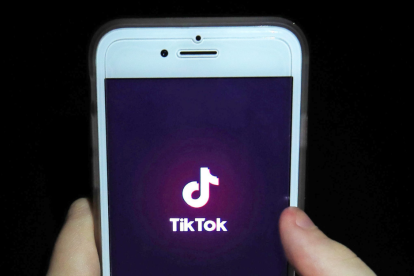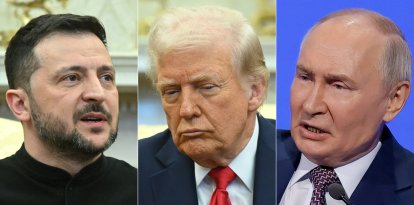European Commission bans TikTok on official devices
The ban will remain under review and may be reevaluated. However, it is not known what would have to happen to lift the suspension.

TikTok /Cordon Press.
The European Commission decided to follow in the footsteps of the United States by banning the use of TikTok on its official devices as a way to protect its data due to cybersecurity concerns about the app.
The Brussels-based commission explained that its staff has until March 15 to remove the Chinese ByteDance platform with the goal being to protect "against cybersecurity threats and actions which may be exploited for cyberattacks against the corporate environment of the Commission."
It was also announced that in the event that TikTok is not uninstalled from all devices by the specified date, they will be considered unsuitable for the corporate environment and employees will not be able to access their e-mails, Skype accounts and other corporate digital tools.
Sonya Gospodinova, spokeswoman for the commission, told journalists that this ban will be temporary and will be kept under constant review and possible re-evaluation. However, she did not clarify what would be necessary to lift the suspension.
According to the newspaper El País, the European Union Council is also applying similar measures and the European Parliament is also evaluating their implementation.
Tiktok banned on U.S. Government devices
Earlier this year, from all federal government devices in view of the national security risks. As Tiktok is under the control of the Chinese regime, their legislation obliges all companies in the Asian giant to provide information to the Chinese Communist Party upon request.
"All of these things are in the hands of a government that doesn't share our values, and that has a mission that's very much at odds with what's in the best interests of the United States. That should concern us," explained the FBI Director Christopher Wray, who also highlighted the possibility of China using the data collected from users for "influence operations".
RECOMMENDATION





















